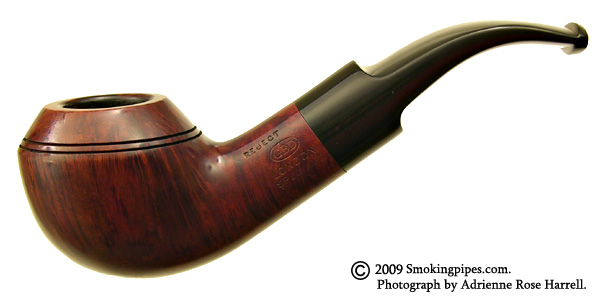Al,
it's all very confusing to me, I'm horrible at math!
But according to this converter,
in 1950, £0 17s 6d would have the same spending worth of 2005's £19.93
http://www.nationalarchives.gov.uk/currency/default0.asp#mid
A bit more background info:
Before decimalization on 15 February 1971, there were twenty (20) shillings per pound.
The shilling was subdivided into twelve (12) pennies.
The penny was further sub-divided into two halfpennies or four farthings (quarter pennies).
2 farthings = 1 halfpenny
2 halfpence = 1 penny (1d)
3 pence = 1 thruppence (3d)
6 pence = 1 sixpence (a 'tanner') (6d)
12 pence = 1 shilling (a bob) (1s)
2 shillings = 1 florin ( a 'two bob bit') (2s)
2 shillings and 6 pence = 1 half crown (2s 6d)
5 shillings = 1 Crown (5s)
The pre-decimalisation British system of coinage was introduced by King Henry II. It was based on the troy system of weighing precious metals. The penny was literally one pennyweight of silver. A pound sterling thus weighed 240 pennyweights, or a pound of sterling silver.
...and I was curious why so many of the prices eneded with sixes, -/6
I reckon it was that 'tanner'

it's all very confusing to me, I'm horrible at math!
But according to this converter,
in 1950, £0 17s 6d would have the same spending worth of 2005's £19.93
http://www.nationalarchives.gov.uk/currency/default0.asp#mid
A bit more background info:
Before decimalization on 15 February 1971, there were twenty (20) shillings per pound.
The shilling was subdivided into twelve (12) pennies.
The penny was further sub-divided into two halfpennies or four farthings (quarter pennies).
2 farthings = 1 halfpenny
2 halfpence = 1 penny (1d)
3 pence = 1 thruppence (3d)
6 pence = 1 sixpence (a 'tanner') (6d)
12 pence = 1 shilling (a bob) (1s)
2 shillings = 1 florin ( a 'two bob bit') (2s)
2 shillings and 6 pence = 1 half crown (2s 6d)
5 shillings = 1 Crown (5s)
The pre-decimalisation British system of coinage was introduced by King Henry II. It was based on the troy system of weighing precious metals. The penny was literally one pennyweight of silver. A pound sterling thus weighed 240 pennyweights, or a pound of sterling silver.
...and I was curious why so many of the prices eneded with sixes, -/6
I reckon it was that 'tanner'




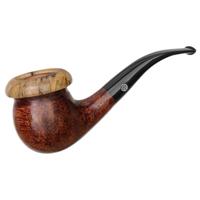
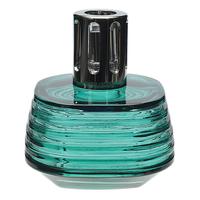
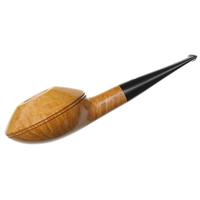
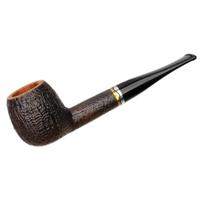
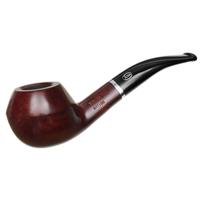



 :
:.gif)
















